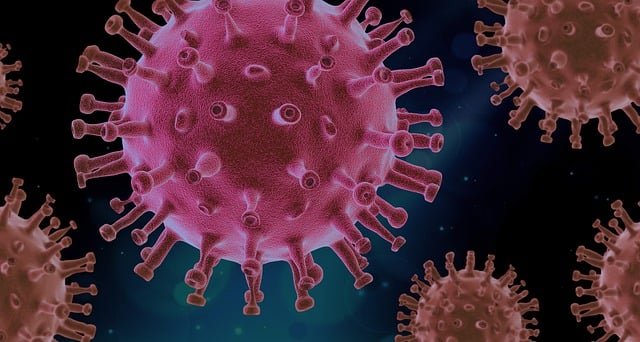Navigating the Economic Aftermath of COVID-19

The global pandemic has left an indelible mark on the world, not just in terms of the human toll but also through its profound economic and social impacts. As we navigate through the aftermath, it's crucial to understand the multifaceted consequences that continue to shape our societies and economies.
Economic Repercussions
- Stunted Economic Growth: The pandemic has significantly slowed down global economic growth, with numerous countries slipping into recession. The halt in economic activities has led to decreased production, reduced consumer spending, and disrupted supply chains.
- Surge in Unemployment: With businesses closing or scaling down operations, unemployment rates have skyrocketed. This has not only affected the livelihoods of millions but also reduced the overall purchasing power, further dampening economic recovery efforts.
- Increased National Debt: In response to the economic downturn, governments worldwide have ramped up spending to support their economies, leading to increased national debt. This debt burden poses a long-term challenge for economic stability and growth.
Social Impacts
- Widening Inequality: The pandemic has exacerbated existing inequalities, hitting the most vulnerable sections of society the hardest. Job losses, lack of access to healthcare, and educational disruptions have deepened the divide between different socio-economic groups.
- Mental Health Crisis: The isolation, uncertainty, and economic hardships brought about by the pandemic have led to a surge in mental health issues. The long-term social implications of this mental health crisis are yet to be fully understood.
- Changes in Work and Education: The shift to remote work and online learning has transformed how we work and learn. While it has opened up new possibilities, it has also highlighted and widened the digital divide.
Looking Ahead
- Resilience and Adaptation: The pandemic has underscored the importance of resilience and adaptability in both economic policies and social structures. Moving forward, building more resilient economies and inclusive societies will be crucial.
- Innovation and Opportunity: Amidst the challenges, the pandemic has also spurred innovation, particularly in technology and healthcare. Embracing these innovations can pave the way for new opportunities and a more sustainable future.
Engaging with the Issue
- Reflective Question: How can societies and economies adapt to the new normal to ensure a more inclusive and sustainable future for all?
- Call to Action: It's imperative for individuals, communities, and governments to collaborate in addressing the economic and social challenges posed by the pandemic, fostering a spirit of solidarity and innovation.
The pandemic's legacy is complex, with its economic and social costs shaping the future in unforeseen ways. As we reflect on these challenges, it's crucial to engage in constructive discussions and actions that pave the way for recovery and growth, ensuring that no one is left behind in the post-pandemic world.
Join on InLeo Discord Channel here

Posted Using InLeo Alpha
0
0
0.000
I have an observation @hive-data. Discussion involves at least two parties. To make one interested in submitting his or her opinion in a call to action like this, it is good that you respond to comments on posts. This will make it engaging and not a one way thing.
Sometimes I really wonder how the world was able to rapidly adjust to the world after COVID even though there was a lot that was talked that the world will not recover from it
Due to Corona, the economy of the whole world has become very bad and even after so many years, the country is going through the same problem.